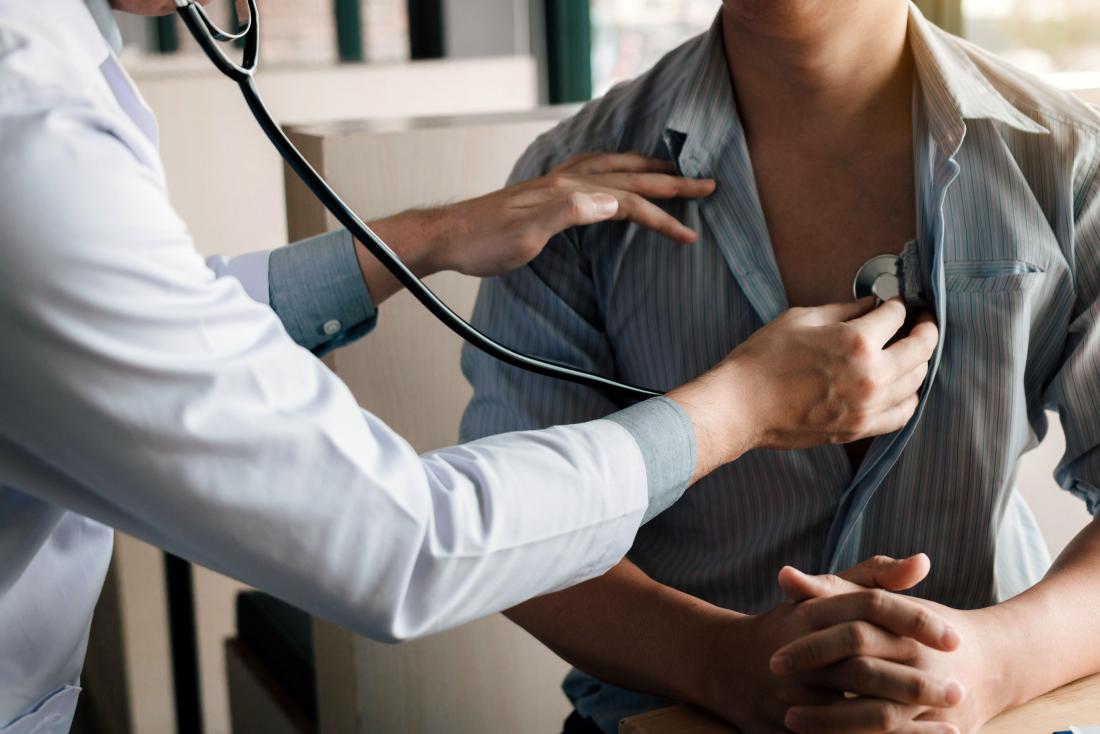It is essential to have regular physical exams to monitor the structure and functioning of your body. At HippoMed wellness clinic in North Dallas, board-certified primary care specialist Michael Jenks, MD, provides comprehensive annual physical checkups to monitor your health and detect any developing diseases.
Understanding physical examinations
Routine physical examinations are tests used by your primary care provider to evaluate your overall health. Physical exams are also known as exam wellness checkups and are done regardless of whether you are sick or not.
The purpose of regular physical examinations
A physical examination helps your primary care provider to determine the general status of your health. During a physical exam, you are encouraged to raise concerns to your care provider about symptoms you have noticed. You are recommended to go for regular physical exams at least once a year.
Physical examinations are one of the best ways to:
- detect diseases so they can be treated early
- identify any issues that may become serious medical concerns in the future
- manage pregnancy and illnesses that cannot be treated
- keep track of necessary immunizations
- maintain healthy body weight by ensuring you follow the right diet and exercise
- build a rapport with your primary care provider
What should I expect during annual physical exams?
During your first physical examination at HippoMed Wellness Clinics, your primary care provider reviews your medical history to understand allergies, past surgeries, or symptoms you might have. You will be asked to talk about your lifestyle habits and be asked whether you exercise or take any drugs and medications.
Diagnostic tests during a physical examination
- Individual organs are then inspected to determine the normalcy of their physical properties, such as location and size.
- A stethoscope may be used to detect abnormal sounds by evaluating your heart and valve function through listening to your heart’s rhythm.
- Through a percussion technique, your primary care provider will tap your body to detect the fluids in your body.
- During a physical examination, your height and weight are also monitored.
- Prostate cancer screening in men and a breast and gynecological exam in women are also an essential test during a physical examination.
- For pregnant women, your care provider might perform an ultrasound to monitor your baby’s development and detect any congenital disabilities.
- Other diagnostic tests include sexually transmitted disease (STD) testing, X-rays, other imaging procedures, blood tests, electrocardiograms (EKGs), urine or stool tests, allergy, or asthma testing.
Treatment after physical examinations
Physical examinations are not only conducted when you are sick. In case your primary care provider notices a developing condition, you may be recommended to do follow-up treatments such as;
- Additional diet and weight loss counseling
- Medication prescriptions
- Additional immunization and vaccination
- Surgical procedures
- Birth control methods
- Hormone replacement therapy
It is essential to let your primary care provider know of any additional signs and symptoms that you may be experiencing after the recommended follow-up treatments.
If you wish to learn more about physical examinations, contact HippoMed Wellness Clinics by phone or schedule your appointment online using the scheduling tool.













Comments